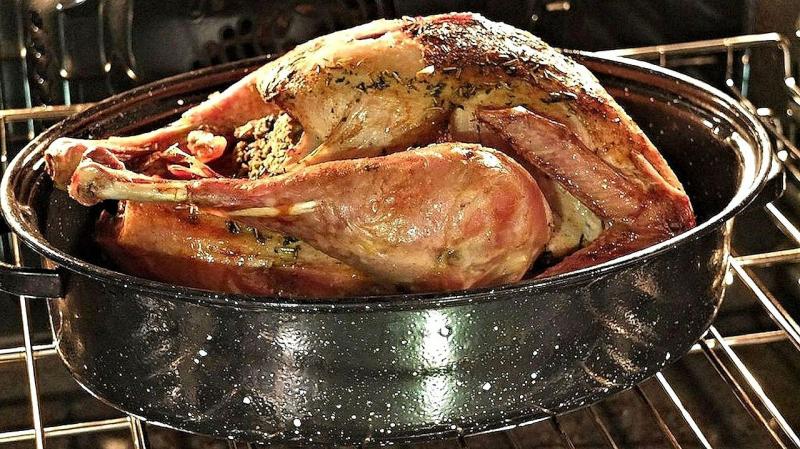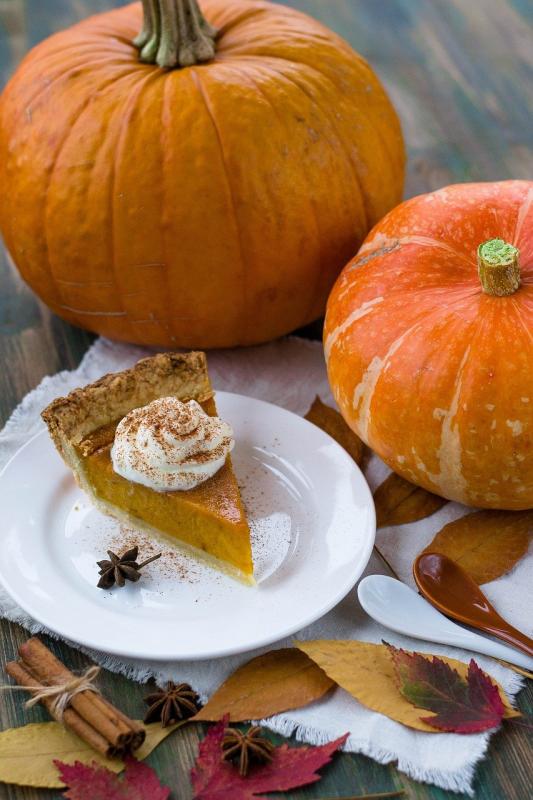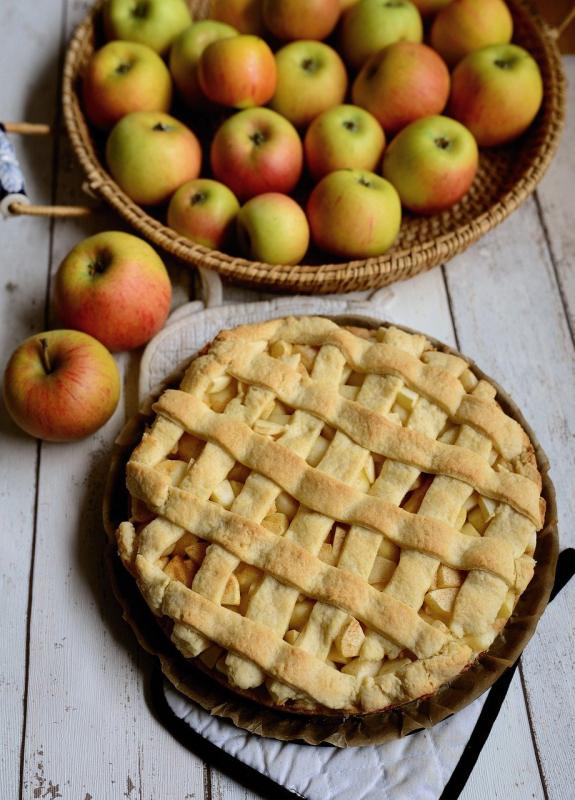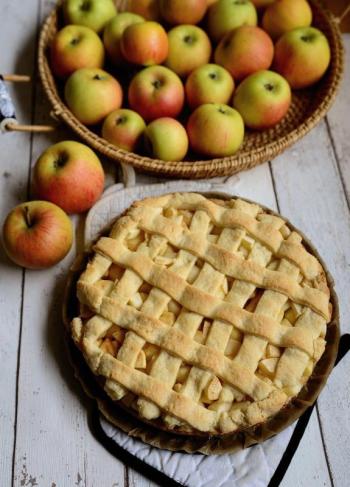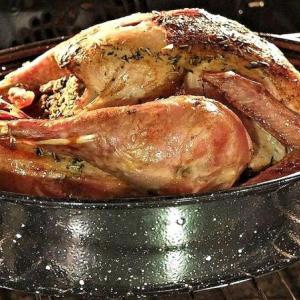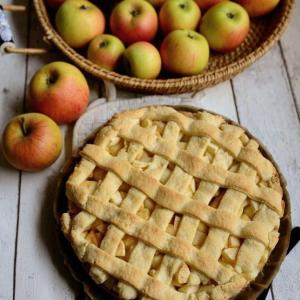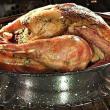UMaine Extension answers common T-Day question: How to safely thaw turkey
University of Maine Cooperative Extension has several resources to help prepare a safe and healthy Thanksgiving meal.
Before buying that turkey, UMaine Extension associate professor and registered dietitian Kate Yerxa suggests, in a UMaine news release: “planning for one to 1 ½ pounds of turkey per person. This will provide enough for the meal and leftovers for turkey sandwiches or a favorite turkey recipe.”
“How to safely thaw the turkey is a common question,” said UMaine Extension professor Kathy Savoie. “The length of time it will take to thaw a turkey in the refrigerator depends on its size. Plan on 24 hours per five pounds of frozen turkey.”
Turkey should be cooked to reach an internal temperature of 165 F to kill harmful bacteria, according to the release. Using a food thermometer, the temperature should be measured in the innermost part of the thigh and wing, and the thickest part of the breast. Leftovers should be stored in the refrigerator at 40 F or colder, within two hours of being cooked. Leftovers should be frozen or used within four days; gravy should be used within two days.
UMaine Extension has simple healthy recipes that use local Maine produce and "Mainely Dish" recipe videos demonstrate a variety of recipes. Extension publications for a healthy Thanksgiving, including "Helpful Hints for Handling Turkeys for Thanksgiving" also are featured.
The USDA Meat and Poultry Hotline is available 8 a.m. – 2 p.m. EST Thanksgiving Day at 1.888.MPHotline (1.888.674.6854), from 10 a.m.–6 p.m. EST Monday through Friday, or from live chat at ask.usda.gov.
For more information, contact 207.591.3188 or extension@maine.edu.
University of Maine Cooperative Extension:
As a trusted resource for over 100 years, University of Maine Cooperative Extension has supported UMaine's land and sea grant public education role by conducting community-driven, research-based programs in every Maine county. UMaine Extension helps support, sustain and grow the food-based economy. It is the only entity in our state that touches every aspect of the Maine Food System, where policy, research, production, processing, commerce, nutrition, and food security and safety are integral and interrelated. UMaine Extension also conducts the most successful out-of-school youth educational program in Maine through 4-H.
The University of Maine, founded in Orono in 1865, is the state's land grant, sea grant and space grant university. It is located on Marsh Island in the homeland of the Penobscot Nation. As Maine's flagship public university, UMaine has a statewide mission of teaching, research and economic development, and community service. UMaine is the state's only public research university and among the most comprehensive higher education institutions in the Northeast. It attracts students from all 50 states and more than 75 countries. UMaine currently enrolls 11,741 undergraduate and graduate students who have opportunities to participate in groundbreaking research with world-class scholars. UMaine offers more than 100 degree programs through which students can earn master's, doctoral or professional science master's degrees, as well as graduate certificates. The university promotes environmental stewardship, with substantial efforts campuswide to conserve energy, recycle and adhere to green building standards in new construction. For more information about UMaine, visit umaine.edu.
Event Date
Address
United States

